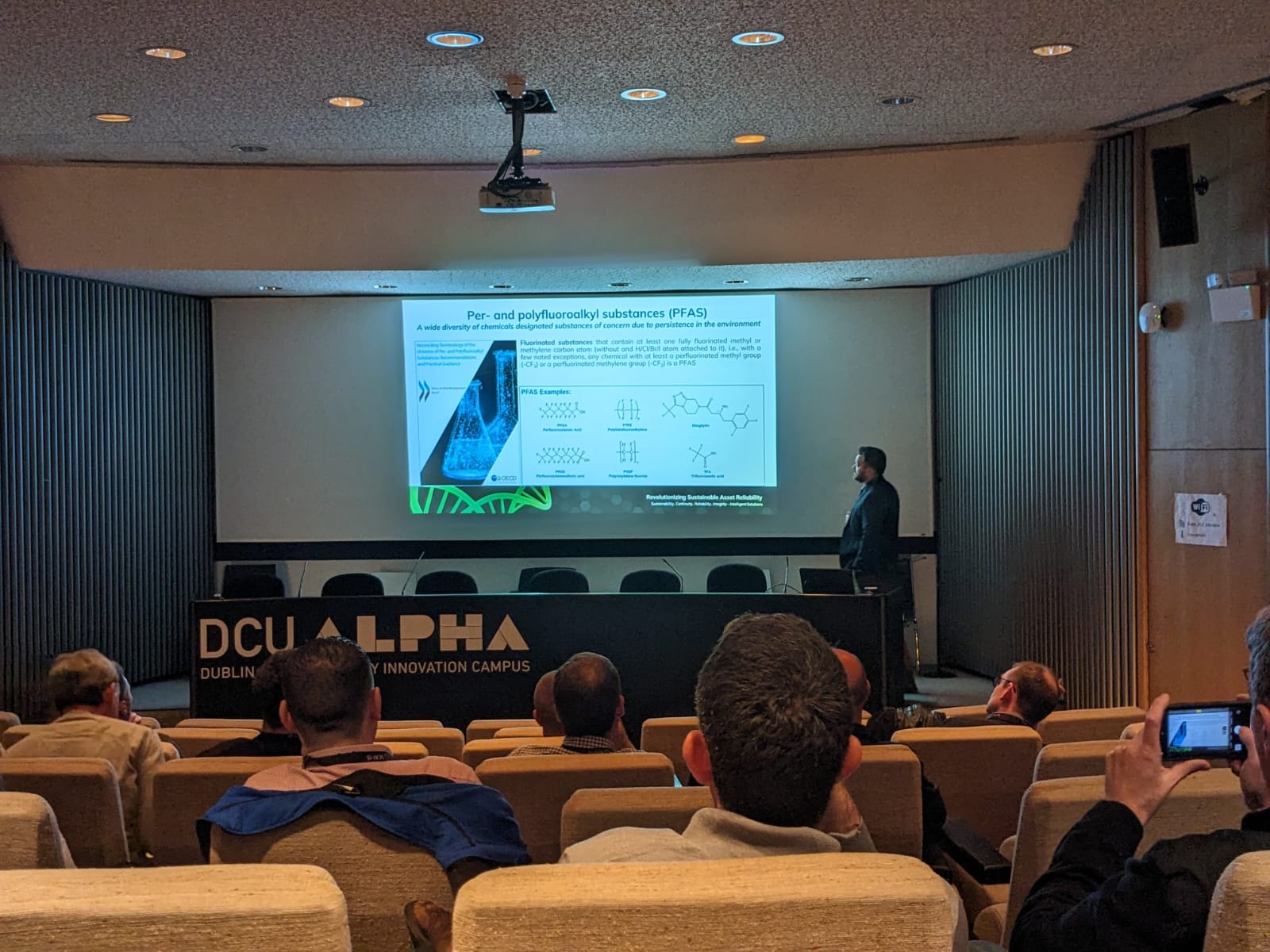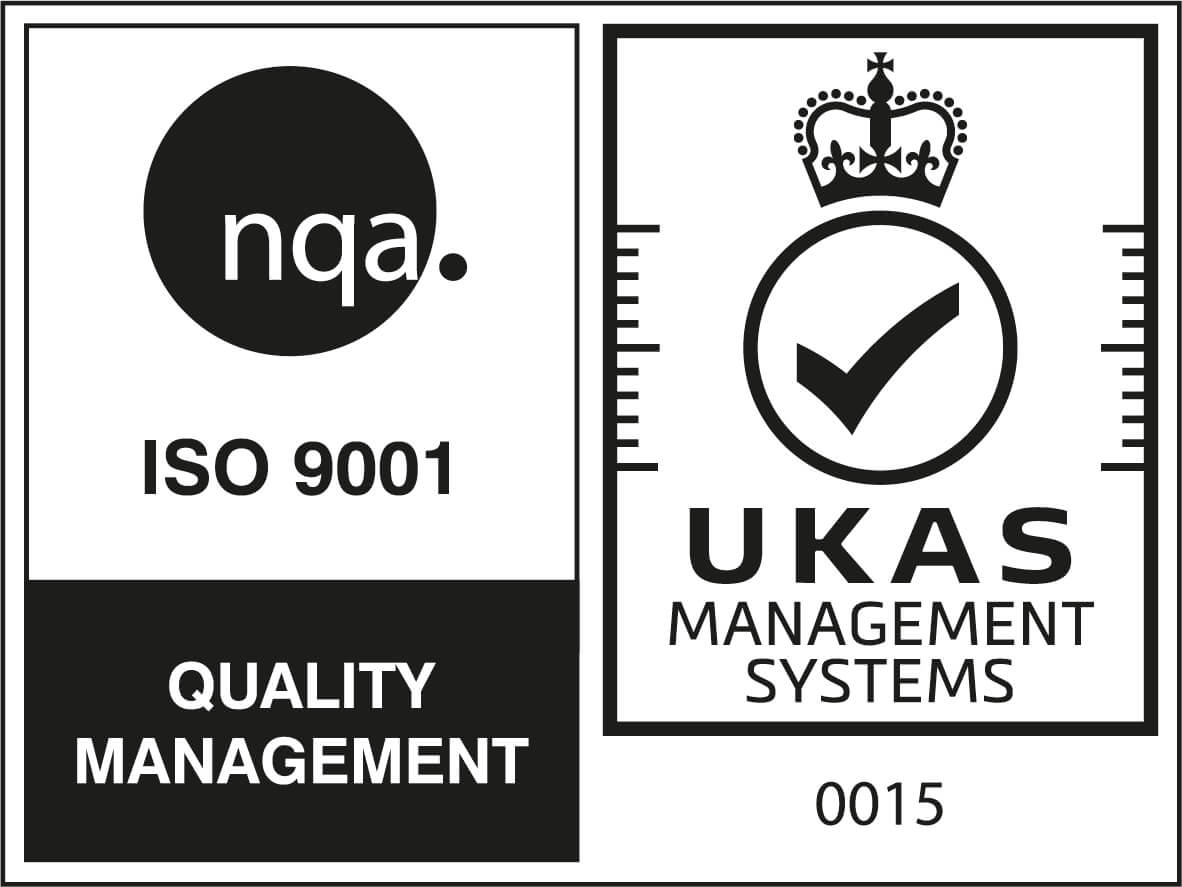SCRI-IS Technologies, in association with Engineers Ireland MEETA Asset Management Society, recently hosted the inaugural Elastomer & Valve Community of Practice (CoP) event at our facility in Glasnevin. The thought-provoking session brought together industry professionals and experts from right across the Irish Biotech sector, with almost every site in the country represented on the day.
Our four distinguished speakers shared insights and perspectives on soft part PM optimisation and predictive monitoring of valve and elastomer performance, sparking a series of interesting discussions and providing all attendees with valuable takeaways.
Our own Director of Engineering, Dr. Darren McDonnell, opened the session by shedding light on the European Chemical Agency’s potential ban, or restriction, on perfluorinated and polyfluorinated alkyl substances (PFAS), including PTFE. Dr. McDonnell emphasized that such a ban would have a detrimental impact on the pharma industry in Europe. He highlighted the concerns surrounding the proposal, addressing the potential consequences and implications for manufacturers and users of PFAS-based materials. This development is an important consideration for companies operating in the engineering sector.
Niall Foy, Make Asset Management Systems Business Process Owner at Janssen, discussed the company’s digital maturity journey globally, as they move to embrace predictive and adaptive maintenance. Niall outlined that valve and soft part health monitoring represents one of the greatest opportunities for asset management digital maturity in the biotechnology sector today. By leveraging advanced technologies and data analytics, companies can enhance operational efficiency, reduce downtime, and optimize maintenance practices.
Ian Pembroke and Ciaran Finnerty from BMS spoke shared a case study about their own site’s work on predictive maintenance and soft parts optimization. They provided a practical demonstration of how their facility has implemented new work practices, and offered valuable lessons for other companies that are looking to take steps to improve reliability and maintenance of critical assets. Finally, Dr. Suzy Floyd from Munster Technological University delivered a presentation on the unique intersection of engineering and microbiology in which our industry sits. Dr. Floyd’s contribution underscored the need for collaboration between the two in order to drive advancements within the Biotech industry.
This gathering of some of the best and brightest minds from the Irish Biotech landscape was just the beginning of what we hope will become an engaged community of end-users within the industry, who can come together to share ideas, strategies and case studies on reliability best practices. The next gathering of the CoP will take place in September, with further details to be announced in due course.

